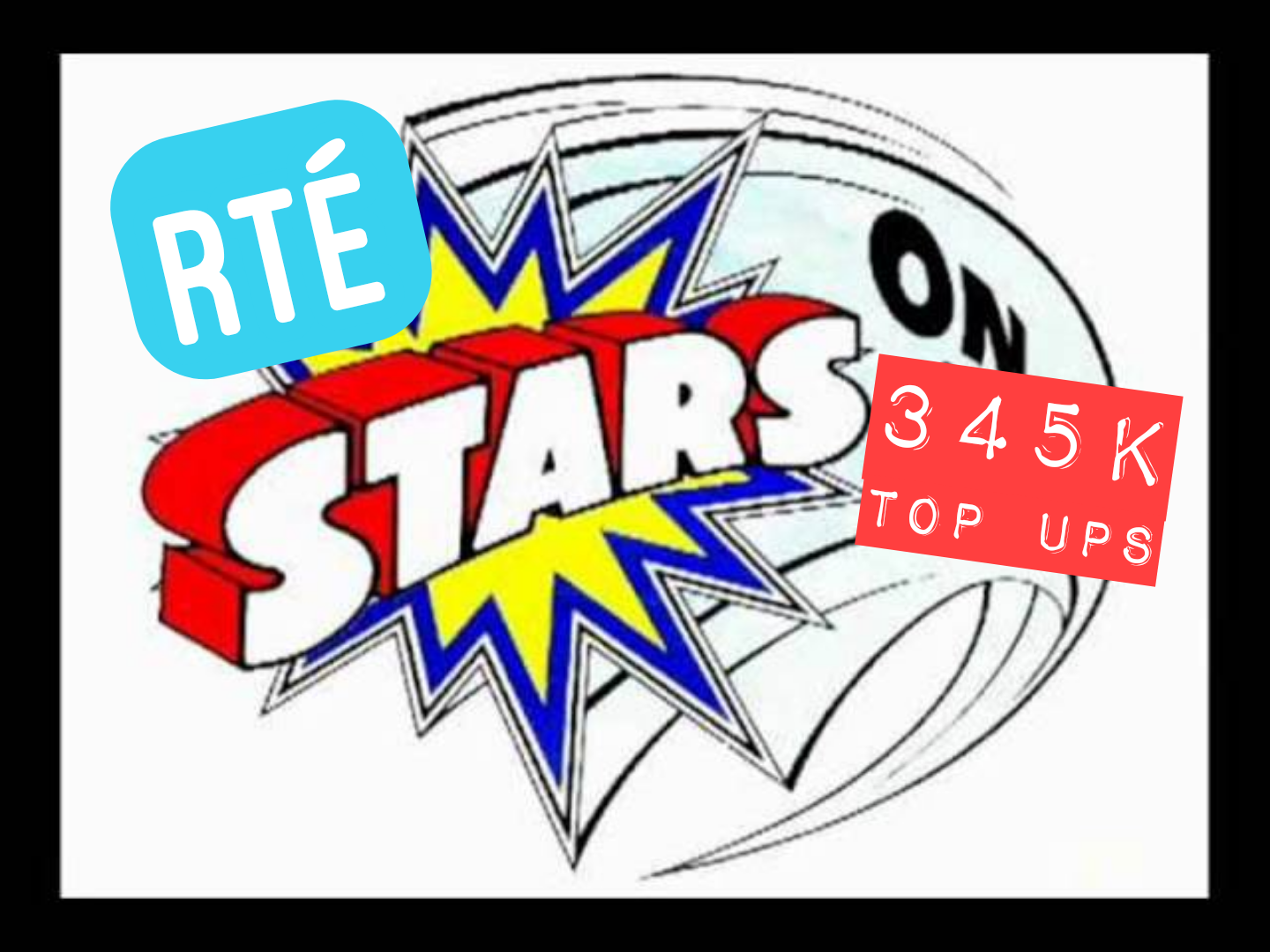As a producer of public service content ourselves, community radio and television stand in solidarity with RTÉ, the public service broadcaster in Ireland, and will do whatever we can to help it restore the public confidence it has lost recently, in such spectacular fashion.
The root of the problem, however, is not to be found where much media attention has been directed. At its core, it is not about huge payments made to a small number of designated ‘talent’; nor that one, it turns out, has been paid even more. It is not even (though of course these are unacceptable) that such payments have not been fully declared; and that questionable mechanisms have, apparently, been used to conceal them.
The ‘presenter personality cult’
Rather, the central issue is that RTÉ has, over the years, subscribed to, and promoted to the public, the idea that only a small number of people are capable of doing the job of these high profile media presenters. The use of the term ‘talent’ itself suggests that they possess innate qualities lacking in others. This idea, at times resembling a personality cult, is nurtured and reinforced through other arms of RTÉ, such as RTÉ Guide; and ultimately used to justify the huge salaries they receive.
The fact that RTÉ management claims to fear that commercial stations will poach their ‘talent’ points to the origins of the presenter personality cult. The goal is to build what, on the surface, resembles a personal, almost family, relationship between the presenter and the viewer, in which the viewer accepts the bona fides of the presenter and invites them into their home.
The reality, of course, is very different. As RTÉ staff have pointed out, it takes a large team to construct and polish this person, and to enable them to present themselves as this personality to the viewer. It is a team effort, for which only one person publicly takes the credit. While public service media, including BBC and RTÉ, especially in its early stages, actively promoted the idea of a trusted anchor journalist to present the news, the cult of the presenter was developed to its highest stage in the USA, as a way of cultivating audience loyalty. It is from there that it gradually crossed the Atlantic to become a standard approach here.
Is such as approach an unavoidable part of television and radio? Do we need to identify personally, in quite an intense manner, with a few personalities in order to be willing to listen to or watch programmes on a regular basis, and tolerate their daily presence in our lives?Are there alternative approaches?
This is where community media come in.
Community radio and television have always been willing to experiment with formats and approaches (and anyhow lack the resource to support large teams fronting individual presenters). In fact, community media all over the country have nurtured literally hundreds of people to develop their own, authentic, approaches to presenting programmes. Starting with some initial guidance and training, these people have been free to develop their own, sometimes eclectic, styles and approaches. With few resources to back them up, some have pushed in new directions. Along the way, many have learned a huge amount about media and about themselves, and quite a few have found they enjoy it and are good at it. Some of the content is boring; some is inventive; funny and, in media terms, innovative.
In that sense, community media are democratising the idea of the presenter, undermining the potential for a personally cult. At the same time, they demonstrate that, with the right training and with even a minimum of support, tens of thousands of people in Ireland could do as good, and sometimes a better job, than the ‘talent’ that we are told are so unique that huge public money must be spent to retain them.
RTÉ, in the interests of public service media, should be nurturing a much wider range of skilled, motivated and talented people, committed not just to their own broadcast career but to the principles of public service media, and to serve people from different backgrounds and with different interests; instead of promoting a small number of highly-paid individuals whose backroom teams strain to keep them in touch with realities faced by the public. Why not start with a couple of programmes, rotating different presenters every other day, coming from widely divergent backgrounds, ethnic, age, geographical , ability? Why not gradually drop what is essentially a manipulative fiction that only a few people are capable of presenting programmes, or for that matter of conducting incisive and informed interviews in news and current affairs?
Community media have proven that this can be done, with virtually no public funding. Indeed, the amount of public funding awarded to even one highly paid presenter would go a long way towards underpinning the core needs of the entire community media sector, comprising over 20 community radio stations and two television stations. The social benefit thereby achieved would, in our view, greatly exceed the current use of those funds.
Seán Ó Siochrú. Member of the Joint Advocacy Group of CRAOL (Community Radio Forum of Ireland) and CTA (Community Television Association).

